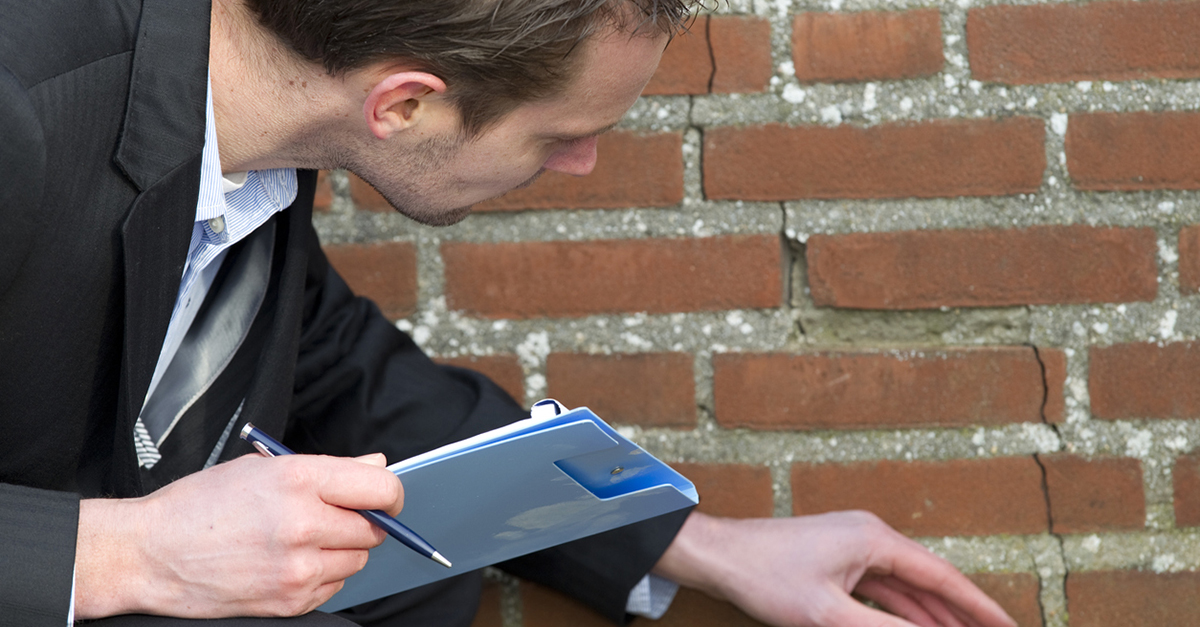Mary Lou Jay
2011 has been a rough year for U.S. homeowners who’ve seen their homes destroyed by floods in the Mississippi Valley, tornadoes across the South and Midwest and wildfires in the Southwest. Some of these homeowners, overwhelmed by the stress of dealing with the disasters and their insurance companies, have turned to public insurance adjusters for assistance in handling their claims. Unfortunately, that hasn’t always been a good decision.
Unlike claims adjusters, who work for insurance companies, public insurance adjusters advocate for the insured, helping them get the largest possible fair settlement from an insurance company. Public insurance adjusters receive a percentage of that settlement — 10 percent to 15 percent, according to the Coalition Against Insurance Fraud — for their efforts. Although legitimate public insurance adjusters have helped many homeowners, some people have been victims of unscrupulous scam artists who have misrepresented their credentials.
To protect residents of tornado-stricken Joplin, Mo., that state’s governor signed an executive order that strictly limited the activities of public adjusters in the disaster area. The decree prohibited adjusters from signing new contracts with consumers for two weeks after the tornado hit, required public adjusters to show proof of their licenses to prospective customers, prohibited collection of any advance payments for representation, and prohibited adjusters from charging a fee higher than 5 percent of the insurance settlement. The order gave consumers 14 days to cancel their contracts with a public adjuster.
The Missouri Department of Insurance, which announced the order, recommended that the area residents first try to work out a fair settlement with the insurance company. If they did decide to use the services of a public adjuster, the department said they should verify that person’s license with the state and exercise extreme caution before signing any contracts.
The Los Angeles County District Attorney’s Office issued similar warnings after a series of fires destroyed homes in that area. It told insurance policyholders to beware of any public adjusters who asked them for money upfront or who told them that their insurance company wouldn’t pay a fair amount for their property.
One common public adjuster scam reported by the Coalition against Insurance Fraud involves cooperation between an adjuster and a contractor. The unscrupulous adjuster assesses the damage (often inflating the claim) and then calls in an accomplice contractor to make the repairs (often shoddily done). The adjuster receives a kickback from the contractor for this referral. Other scam artists may use your policy information to file false or exaggerated home insurance claims, putting your coverage in danger.
The Coalition Against Insurance Fraud also cautions people to protect their personal data carefully when they’re dealing with public adjusters. Crooked adjusters may steal Social Security numbers, bank account numbers and other important information and use it to commit identity fraud.
